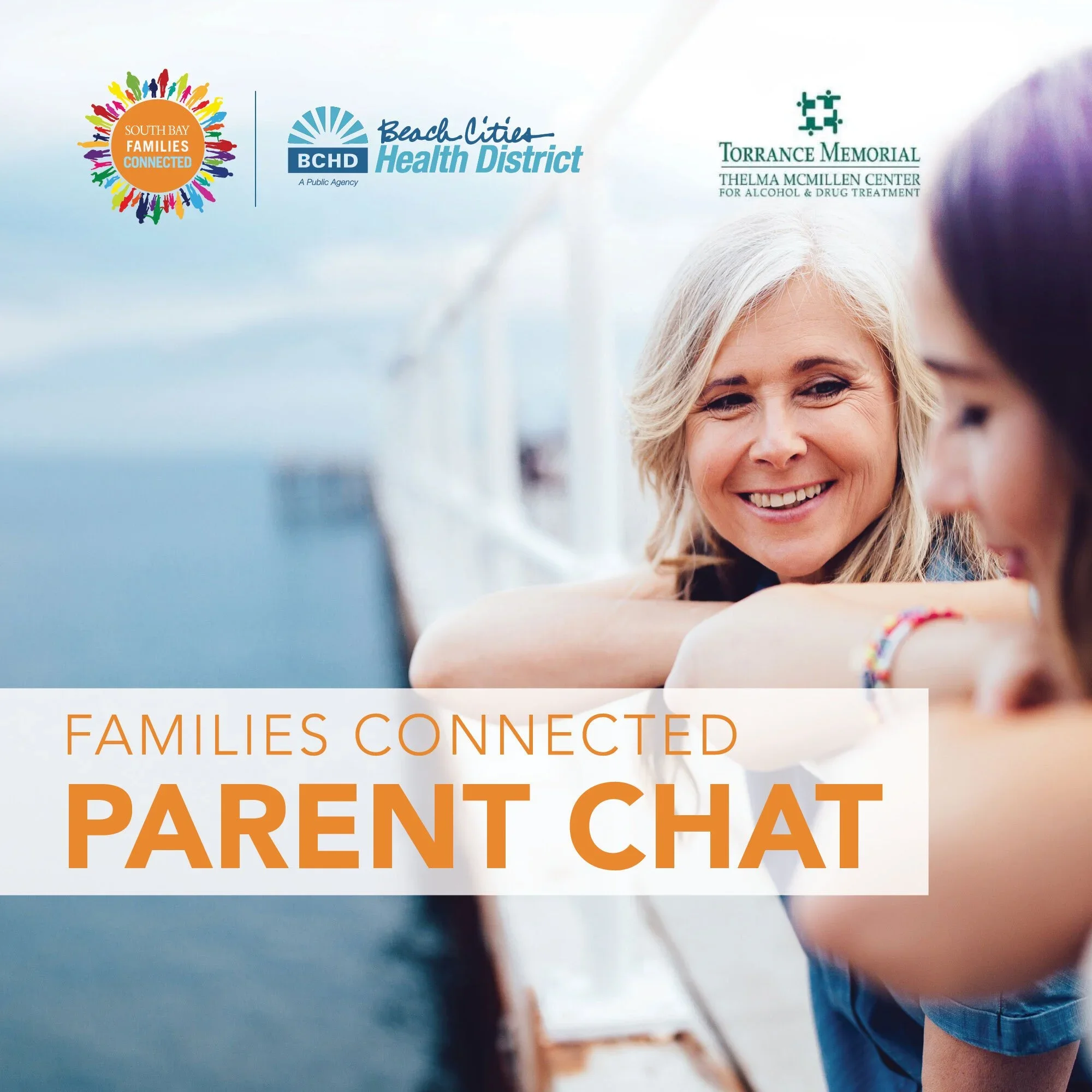Language that Fosters Positive Body Image and Mindful Eating, by Diana Lipson-Burge, RDN, CEDRD
/One question I often hear from parents is how to respond when their child says, “I feel fat” or asks, “Do I look fat?” The way most parents naturally respond is “of course you aren’t fat”, or “Don’t be silly!” Instead, we need to pause and consider that fat is not a feeling. Knowing that gives us an opportunity to help our children communicate what they are really feeling. Ask your child, “What do you think is making you have this big feeling?” Or, “I’m wondering in the last hour what you were feeling that is big or overwhelming” The first few times your child may not be able to answer this, but over time they might say “I’m really nervous about my math test.” Or, “I’m sad my friends didn’t include me this weekend.” You can now validate their feelings — “I can see that makes you really sad.” You can also consider helping them shift their “fear thought” to something more positive, like “Maybe you’re better prepared for you math test than you think. You’ve done the work and I think you can do this!”
Here’s some insight I like to share with parents: we all hate feeling out of control. We humans are control freaks, so when we blame our weight and body for their problems in our lives, our focus can turn to restricting food, or going to work out, which makes us feel we can control something in our life. It’s also a great distracter. But this is usually a false sense of control because it doesn’t actually make us feel calmer because that wasn’t what the issue was in the first place.
A second area we need to be mindful of is how we speak to our kids about our own body and others’ body and image. Statements like, “I can’t go to the beach until I lose weight”, or “Don’t ever let yourself get like Aunt Emily” can be damaging. Here’s one I would personally hear often, “You would be so pretty if you just lost some weight”. So guess what? No matter how much weight I lost I never felt pretty. The real answer is this: we all need to embrace our bodies at our current size. Loving ourselves is the first step to even wanting to take care of ourselves by moving our body and choosing mindful eating.
A third way our language affects our children is using black and white verbiage regarding food by conveying a message that food is good vs bad, or healthy vs. junk. Unfortunately, the “good food” list is tiny, and the bad food list is huge, so we are bound to want a food on the bad food list. But the minute we eat a food on the bad food list then we feel guilty, and if we are an emotional eater, then we go eat or restrict to get out of feeling bad We may then say, “Tomorrow I will get really good,” but getting good means taking away our favorite foods, so that feels miserable. The truth is we all have a rebel soul that makes us want what we can’t have, so the more you say “No!”, “Don’t”, “Stop!”, or, “Only two more,” the more our kids will want to grab as much as they can.
A fourth way I have seen adults’ language affects our kids’ body image and mindful eating is around compliments. Instead of complimenting our kids looks — their body, face or clothing — what really helps build resilient kids with high self-esteem kids is complimenting their behavior. “You were a good friend today.” Or, “You handled your frustration well in that situation.” This approach will go a long way in improving your child’s social-emotional wellness.
Lastly, strive to help your kids want to move their bodies for the sake of play and fun. When did playing turn into the word exercise? Physical fitness tests? We want to encourage our kids to move to release stress and increase natural feel-good endorphins. Let’s help teach them that moving our bodies is a “get to” not a “have to.”.
For more resources, tips and tools, visit the HEALTHY BODY IMAGE page on the Families Connected website.



